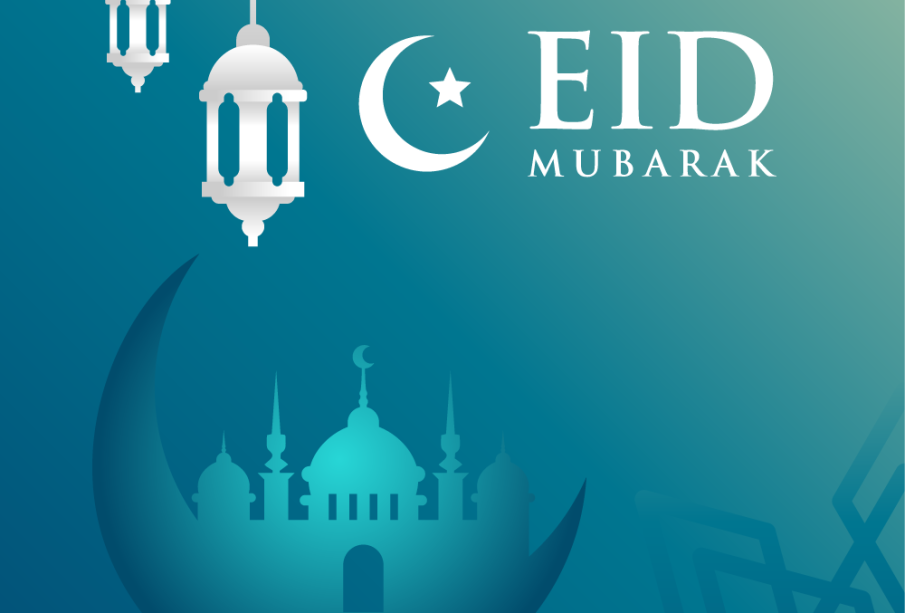What is Eid: Understanding the Celebration of Eid

Introduction
Eid is a significant religious festival celebrated by Muslims worldwide. It marks the culmination of Ramadan, the holy month of fasting, and represents a time of joy, gratitude, and community. The importance of Eid lies not just in its religious significance, but also in its role of uniting families and communities across diverse cultures, promoting values of charity, forgiveness, and togetherness.
Types of Eid
There are two main Islamic holidays known as Eid: Eid al-Fitr and Eid al-Adha. Eid al-Fitr, known as the ‘Festival of Breaking the Fast,’ is celebrated at the end of Ramadan. Traditionally, it begins with a special prayer in the morning, followed by a festive meal shared with friends and family. Muslims often give zakat al-fitr, a form of charity, before the prayer to help those in need. This ensures everyone can partake in the celebrations regardless of their financial situation.
Eid al-Adha, or the ‘Festival of Sacrifice,’ occurs approximately two months after Eid al-Fitr and coincides with the annual pilgrimage of Hajj in Mecca. It commemorates the willingness of Prophet Ibrahim to sacrifice his son as an act of obedience to God. Muslims celebrate by performing special prayers, followed by the sacrificial slaughter of animals such as sheep, goats, or cows. The meat is typically distributed among family, friends, and the less fortunate, reinforcing the spirit of generosity.
Global Celebrations
Eid festivities vary widely around the world, reflecting each culture’s unique traditions. In Canada, for instance, Muslims gather at mosques and community centers for prayers, followed by family gatherings and festive meals, often featuring traditional dishes from various cultures. Decorations such as lights and banners are common, and many communities organize events to foster intercultural understanding and showcase Islamic practices to non-Muslims.
Conclusion
Understanding what Eid is and its significance helps to foster respect and appreciation for the cultural diversity within our societies. As Eid continues to be celebrated globally, it remains a symbol of hope, compassion, and unity among those who observe it. The celebration’s emphasis on community connection, helping the less fortunate, and sharing joy is a timeless message that resonates beyond religious lines, making it an essential cultural and spiritual occasion for millions.









